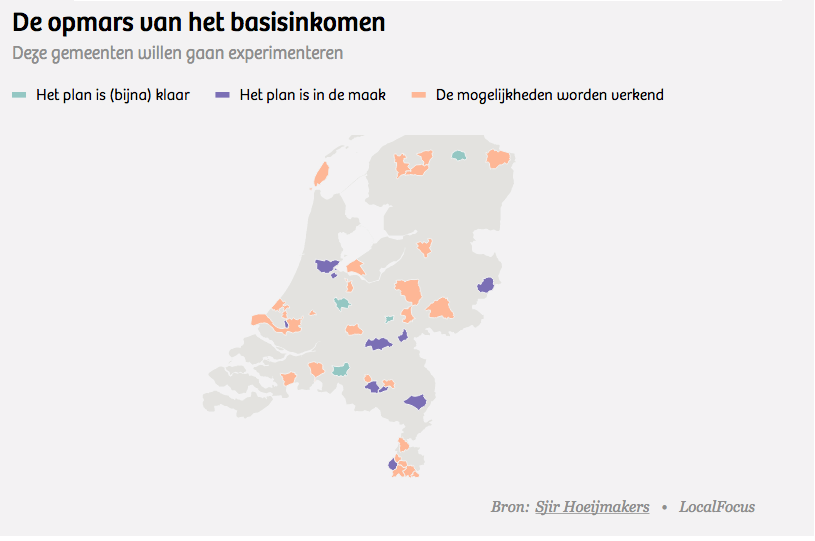We read about climate change and that it’s going to cause problems, so
I looked into it and it looks more serious than what I read, why?
Because scientists already think temperature rise is going to be 4+ Celsius, and
I also read that more than 2 Celsius means runaway warming, and
I also read that warming of the oceans can kill life in them, and
I also read that dead oceans make toxic gas, and
I also read that that toxicity will pollute the air with H2S and kill life on land, because
That happened before about 250 million years ago (killing nearly everything alive), and
I don’t want to die or see mankind go extinct, so
I want to stop/reduce CO2 emissions, and
I know that fossil fuel burning is a major source, and
I know there are all kinds of alternatives to fossil fuels, and
I can read about how cars can go electric, people can go without meat, houses can be CO2 neutral etc. etc. but
It is not happening fast enough, because
investment decisions are largely in the hands of investers of banks, and
investors and banks usually look for profit, and
profit just means you extract more money from circulation than you spend on fossil fuels, meaning
you actually increase demand for money which banks like, so
I see that resources are pumped into all kind of nonsense that is making the situation worse, so
I want to see laws that restrict investments to things that reduce the increase in CO2 and the pressure on natural resources like trees, ore etc, but
the ruling political parties don’t want that, because
they consist of people selected for not wanting to mess with fossil fuel or banks, so
politics is a tool of those that poison and effectively kill us, and
whoever tries to argue with them finds that their arguments don’t even have to make sense, they don’t even care, so
I want to have a movement that does want to see a fossil fuel exit, and
I don’t think we can allow fossil fuel producers to choose whether they will cooperate, because
They wont and they will slow things down and try to corrupt my movement, so
the only way is to be stonger and independent through the use of renewables and from that base move against fossil feul companies, because
Then they have no power over me, but
perhaps this is naieve, because
In Spain fossil fuel interested banks force a royal decree to tax solar panel owners, so
there GAS interest are in direct war with solar, and
the people of Spain need to stand up against this, because
Solar in Spain is an amazing resource much better than gas, and
GAS people think Spain should remain poor and dependent so as not to compete with Northern Europe or the US, and
it should buy Northern European GAS, so they can deliver goods and services there in return, so
Maybe I need to be a country or an army to fight for more renewables, because
there is barely any time to make things right, and
the most amazing thing is that there is so much more solar, wind etc. than there is fossil fuel, and people would be so much more happy, healthy and peacefull with renewables, it would be such an improvement, so
I am determined to see fossil fuel shut down around the world, and fight climate change, because it is what I think the most valuable thing a person alive today can do.




